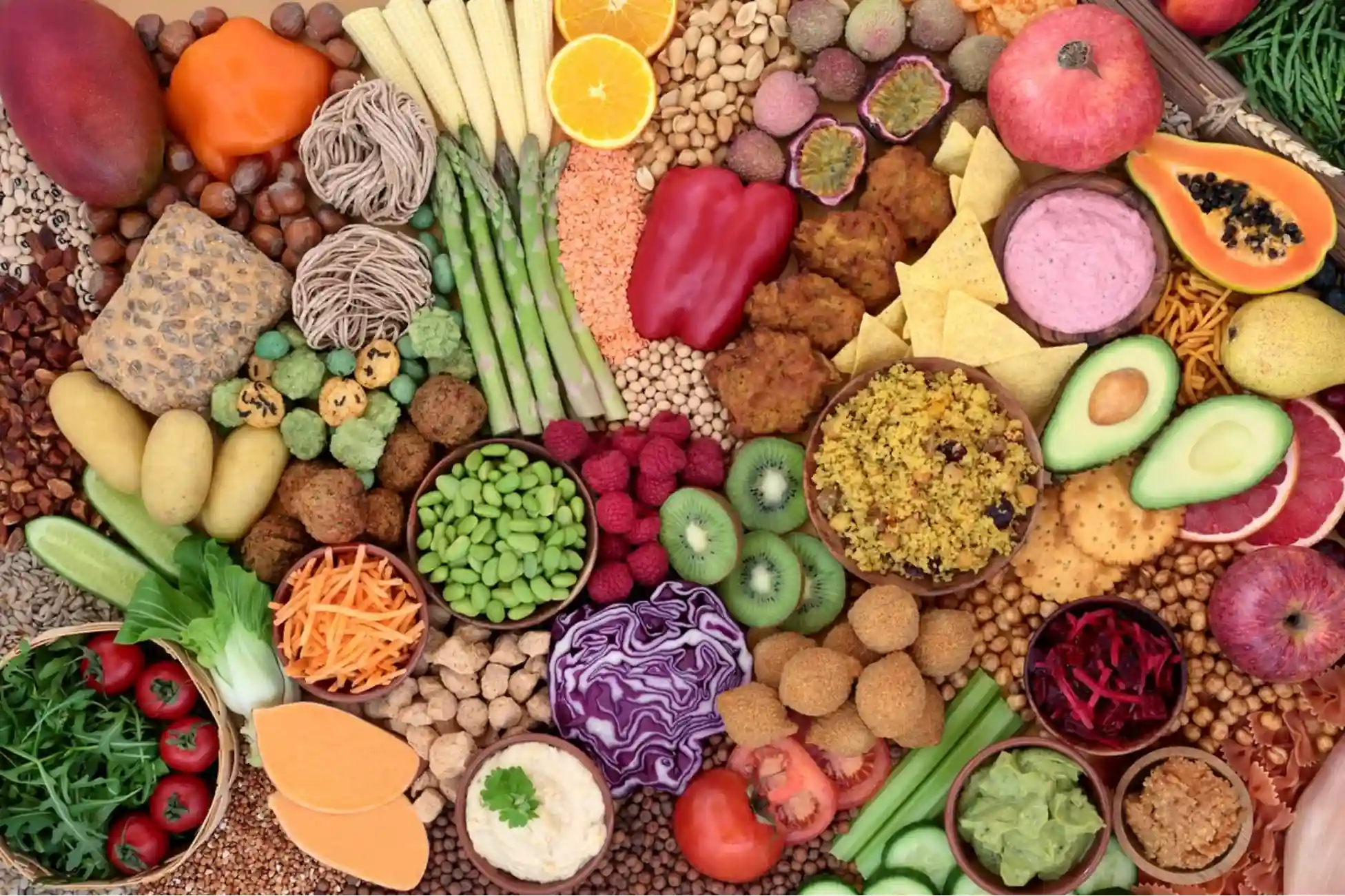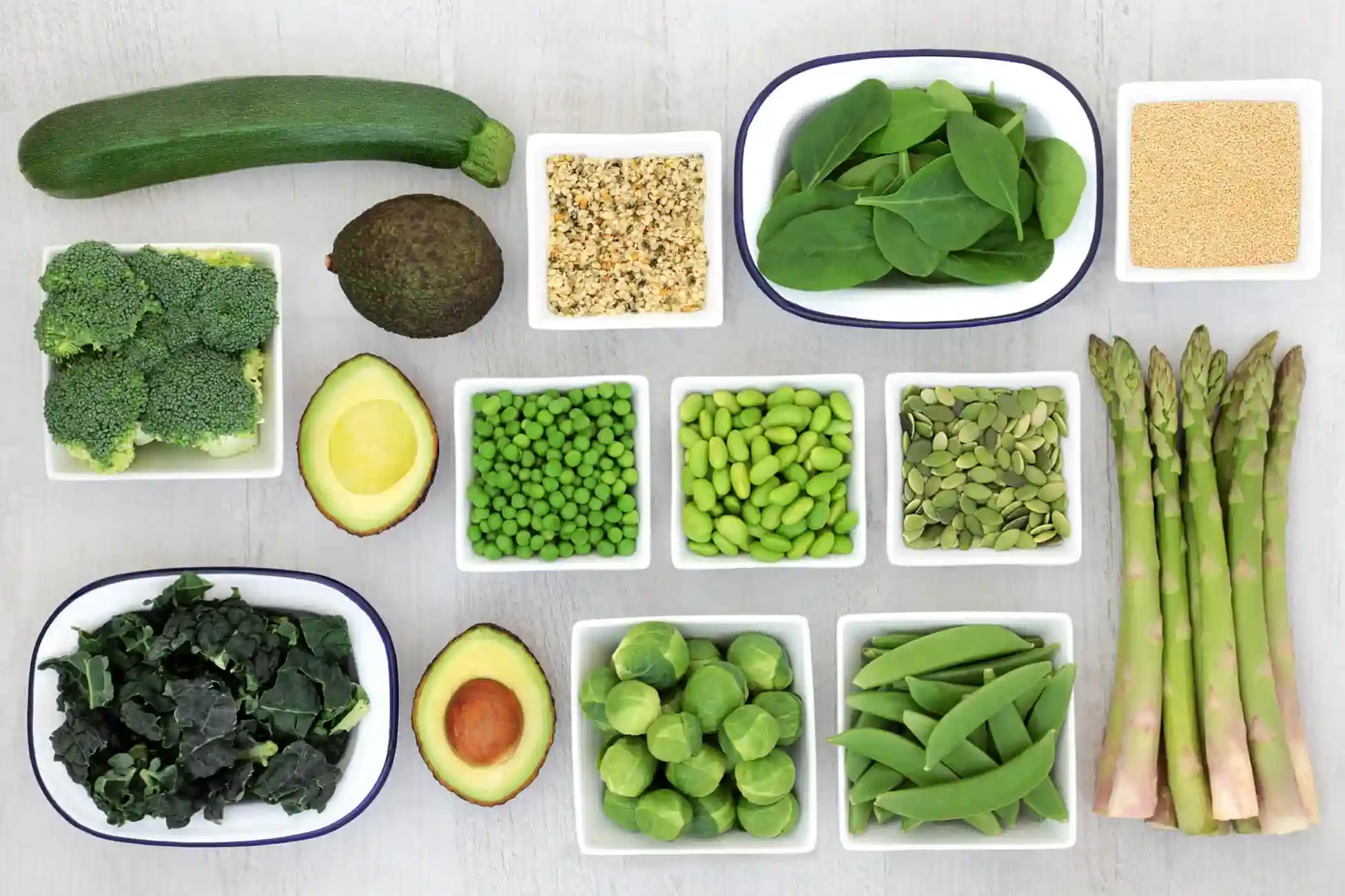In recent years, plant-based diets have gained popularity as individuals seek healthier and more sustainable ways to nourish their bodies. A plant-based diet primarily focuses on foods derived from plants, including vegetables, fruits, grains, nuts, seeds, and legumes. Unlike vegetarian or vegan diets that eliminate all animal products, a plant-based diet can vary in flexibility, often allowing for occasional consumption of animal products. The shift towards plant-based eating reflects broader health and environmental trends, driven by a desire to improve overall health, reduce chronic disease risks, and address concerns over animal welfare and environmental sustainability.
Health Benefits of a Plant-Based Diet
Reduced Risk of Chronic Diseases
Numerous studies have highlighted the health benefits of a plant-based diet. Research shows that individuals who primarily consume plant-based foods have lower risks of heart disease, hypertension, type 2 diabetes, and certain cancers. This is attributed to the high fiber content of plant foods, which helps in maintaining healthy cholesterol levels and regulating blood sugar levels. Furthermore, plant-based diets are rich in antioxidants and phytochemicals, contributing to overall health and well-being.
Weight Management
Another significant advantage of a plant-based diet is its association with healthy weight management. Plant-based foods tend to be lower in calories compared to animal products. This means individuals can consume larger portions of fruits, vegetables, and whole grains without exceeding their caloric intake. Additionally, the fiber in these foods promotes satiety, making it easier to control hunger and avoid overeating.
Improved Digestive Health
A diet rich in plant-based foods can significantly enhance digestive health. The high fiber content found in fruits, vegetables, legumes, and whole grains aids in regular bowel movements and promotes a healthy gut microbiome. Studies suggest that a balanced gut microbiome can have far-reaching effects on overall health, influencing everything from mood to immune function.
Enhanced Mental Health
Emerging research indicates that a plant-based diet may also benefit mental health. Some studies suggest that individuals who follow plant-based diets report lower levels of anxiety and depression. This could be linked to the nutrient-dense nature of plant foods, which provide essential vitamins, minerals, and antioxidants that support brain health. Omega-3 fatty acids, commonly found in flaxseeds and walnuts, are particularly beneficial for cognitive function and mental well-being.
Environmental Impact of Plant-Based Diets
Lower Carbon Footprint
Adopting a plant-based diet is one of the most effective ways to reduce one’s carbon footprint. Animal agriculture is a leading contributor to greenhouse gas emissions, deforestation, and water consumption. By shifting towards plant-based foods, individuals can help mitigate these environmental impacts. A study conducted by the University of Oxford found that adopting a vegan diet could reduce an individual’s carbon footprint from food by up to 73 percent.
Sustainable Resource Use
In addition to lower emissions, plant-based diets promote sustainable resource use. Producing plant-based foods typically requires less land and water compared to animal farming. For instance, producing a pound of beef requires approximately 1,800 gallons of water, while producing a pound of lentils requires only about 700 gallons. By prioritizing plant-based foods, we can ensure that natural resources are used more efficiently, benefiting both current and future generations.
Preservation of Biodiversity
Plant-based diets contribute to the preservation of biodiversity by reducing the demand for animal agriculture, which often leads to habitat destruction and species extinction. By promoting a diverse array of plant foods, individuals can help maintain ecosystems and protect various plant and animal species.
How to Transition to a Plant-Based Diet

Transitioning to a plant-based diet doesn’t have to be overwhelming. Here are some practical tips to help ease the process:
Start Slowly
Begin by incorporating more plant-based meals into your diet gradually. Start with one or two meatless meals a week and gradually increase the frequency. This approach allows your taste buds and digestive system to adjust to the new foods without feeling deprived.
Explore New Recipes
Explore new recipes that feature plant-based ingredients. There is a wealth of resources available online, from blogs to cooking channels, offering inspiration for delicious meals. Experimenting with different cuisines can also introduce new flavors and textures, making the transition enjoyable.
Focus on Whole Foods
Prioritize whole, minimally processed foods when transitioning to a plant-based diet. Whole foods are typically more nutrient-dense and provide greater health benefits compared to processed alternatives. Fill your plate with colorful vegetables, whole grains, legumes, nuts, and seeds.
Educate Yourself
Learn about the nutritional aspects of a plant-based diet to ensure you’re meeting your dietary needs. Consider consulting with a registered dietitian or nutritionist who specializes in plant-based nutrition to create a balanced meal plan.
Common Misconceptions About Plant-Based Diets
Despite the growing popularity of plant-based diets, several misconceptions persist:
Protein Deficiency
A common myth is that plant-based diets lack adequate protein. While animal products are rich in protein, many plant foods also contain significant amounts. Legumes, lentils, tofu, tempeh, quinoa, nuts, and seeds are excellent sources of protein. With careful planning, it’s entirely possible to meet protein needs on a plant-based diet.
Limited Food Options
Another misconception is that plant-based diets are boring or limiting. On the contrary, a plant-based diet can be incredibly diverse and flavorful. With an abundance of fruits, vegetables, grains, and legumes to choose from, there are countless combinations to explore.
Nutrient Deficiencies
Some individuals worry about missing essential nutrients such as iron, calcium, and vitamin B12 on a plant-based diet. While it is true that certain nutrients are more abundant in animal products, there are plant-based sources and fortified options available. For instance, leafy greens, legumes, and fortified plant milks can provide necessary nutrients while ensuring a balanced diet.
Table: Nutritional Comparison of Plant-Based and Animal-Based Foods

| Nutrient | Plant-Based Source | Animal-Based Source |
|---|---|---|
| Protein | Lentils (18g per cup) | Chicken (31g per breast) |
| Fiber | Black beans (15g per cup) | Beef (0g) |
| Iron | Spinach (6.4mg per cup) | Beef (2.7mg per ounce) |
| Calcium | Kale (94mg per cup) | Milk (300mg per cup) |
| Omega-3 Fatty Acids | Chia seeds (5g per ounce) | Salmon (1.5g per 3.5oz) |
FAQs About Plant-Based Diets
Can I still eat out on a plant-based diet?
Yes, many restaurants offer plant-based options. You can also find vegetarian or vegan-friendly eateries in most areas. Don’t hesitate to ask for modifications or explore the menu for dishes that can be made plant-based.
How do I ensure I’m getting enough protein?
Include a variety of plant-based protein sources in your diet, such as legumes, nuts, seeds, and whole grains. By diversifying your protein sources, you can easily meet your protein needs.
What about vitamin B12?
Vitamin B12 is primarily found in animal products, so individuals on a plant-based diet may need to consider fortified foods or supplements. Check labels for fortified plant milks and cereals.
Is it expensive to eat a plant-based diet?
Eating a plant-based diet can be budget-friendly. Focus on whole foods, such as grains, beans, and seasonal vegetables, which can be less expensive than processed foods and meat.
How can I send money from the Philippines if I want to purchase plant-based ingredients online?
There are several online services and platforms that allow you to send money from the Philippines to purchase groceries or specialty ingredients. Check for reliable online money transfer services that offer low fees and favorable exchange rates.
A plant-based diet offers numerous health benefits, environmental advantages, and opportunities for culinary exploration. As more people recognize the positive impact of plant-based eating, the movement continues to grow. Transitioning to a plant-based diet can be a rewarding journey towards better health and sustainability. By understanding the nutritional aspects, exploring new recipes, and addressing misconceptions, individuals can enjoy a vibrant and fulfilling lifestyle.




